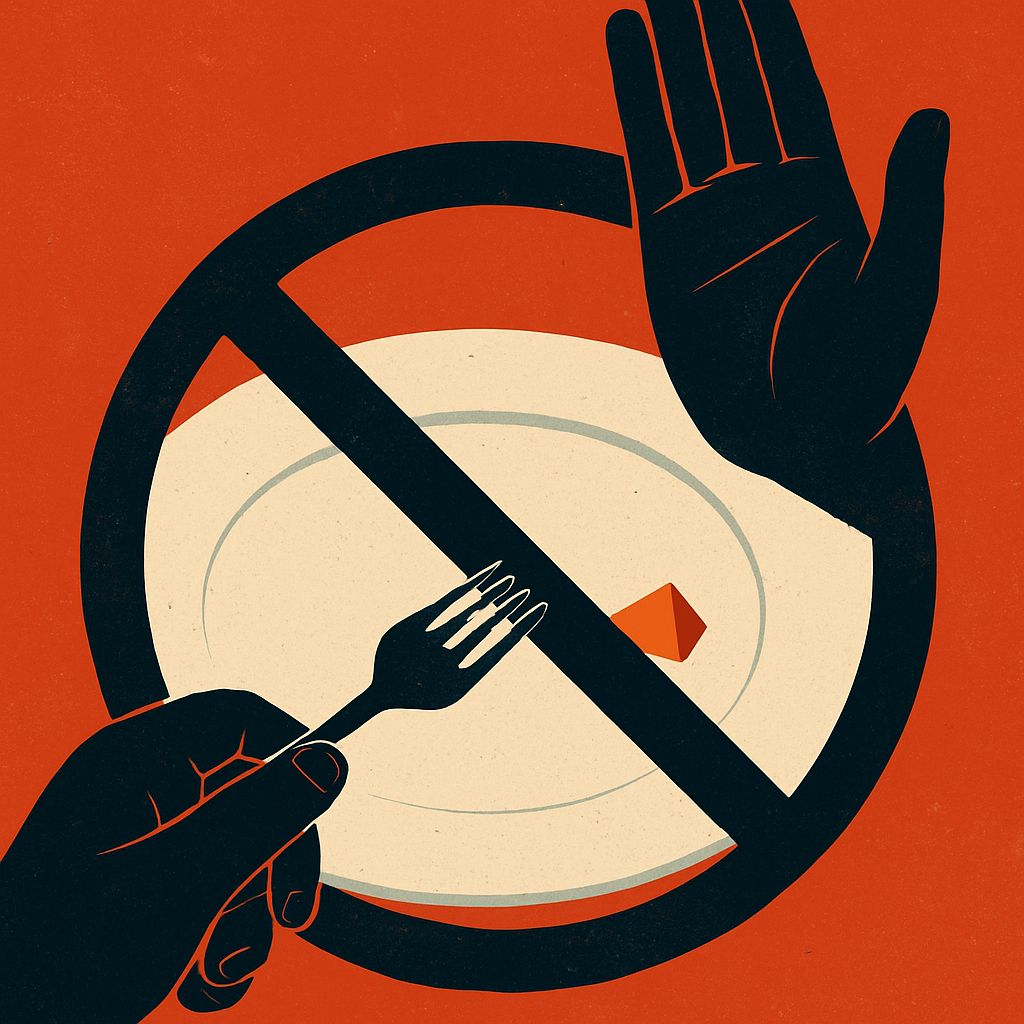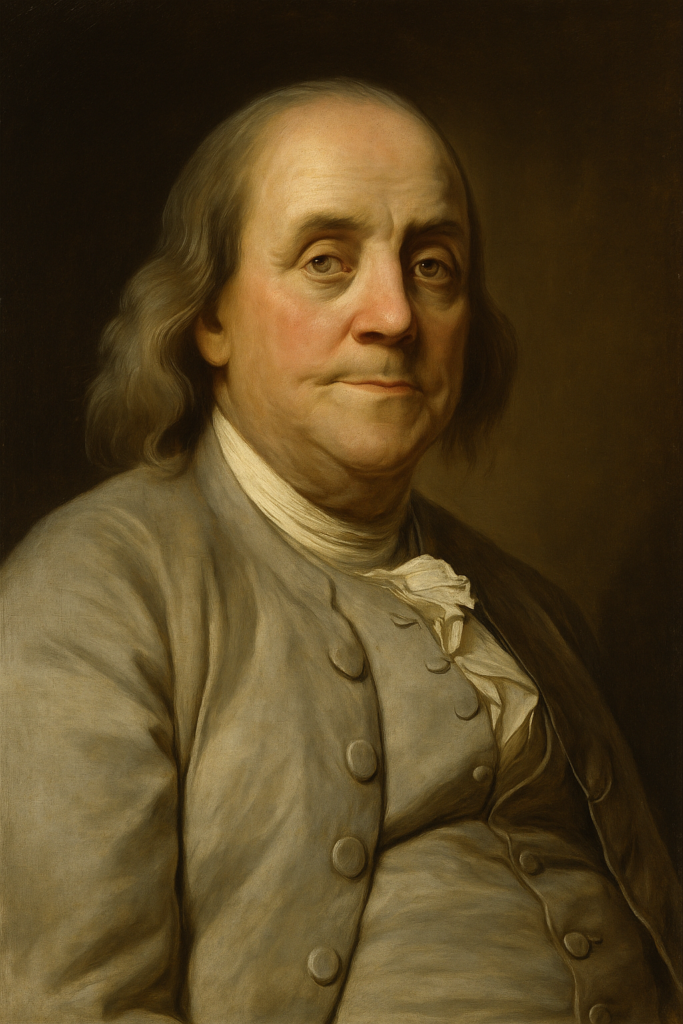The Subtle Price of Generosity
In the world of power, influence, and strategy, one lesson stands tall: what is given freely, is rarely valued.
Whether in business, personal relationships, or leadership, offering something for nothing often leads not to gratitude, but to diminished respect.

True power lies not in endless generosity, but in strategic exchanges where everything has a price — even if that price is not immediately obvious.
Let us explore why withholding free gifts, favours, and efforts strengthens your position, and how you can apply this principle elegantly in real life.
Value Is Perceived Through Effort and Cost
Humans are wired to appreciate things based on perceived effort and scarcity.
When you hand over your time, resources, or knowledge without asking anything in return, people subconsciously devalue what you offer.
It is not about being miserly or cold-hearted — it is about preserving the aura of value.
If you constantly solve problems for free, your advice becomes expected.
If you give your time without boundaries, it becomes assumed rather than appreciated. Nothing is respected if it comes too easily.
Historical Example of Benjamin Franklin and the Strategic Gift
In the mid-18th century, Benjamin Franklin was not yet the celebrated statesman we remember today. He was a rising political figure in colonial Pennsylvania, navigating a landscape filled with rivalries and power plays. One of his key adversaries was a powerful legislator who actively opposed Franklin’s ambitions.
Instead of confronting the man directly or attempting to win him over with praise or favours, Franklin employed a cunning strategy rooted in psychological insight — and aligned perfectly with the principles of power.

What did he do?
Franklin asked the man for a favour.
Not just any favour — he requested to borrow a rare and valuable book from the legislator’s personal library, known to be one of his prized possessions.
The legislator, flattered and intrigued, obliged. Franklin returned the book a week later with a polite note of gratitude. From that moment on, the man’s attitude toward Franklin shifted dramatically. The former adversary became noticeably warmer and eventually supported Franklin in political endeavours.
Why did this work?
Franklin understood a powerful truth: people value what they invest in.
By asking for a favour instead of giving one, Franklin positioned himself as valuable and worthy of investment — rather than appearing needy or indebted. He let the legislator “pay” in trust, status, and effort, and in doing so, rewrote the social dynamic between them.
This story is often cited as an example of the Ben Franklin Effect — the psychological phenomenon was doing a favour for someone increases your affinity toward them. But more subtly, it is a perfect illustration of how strategic exchange, not free offerings, builds long-term influence.
The Hidden Dangers of Freely Giving
While generosity feels noble, unchecked it leads to:
- Entitlement: People start expecting favours rather than valuing them.
- Loss of leverage: If you give without asking, you weaken your bargaining power.
- Resentment: Ironically, constant giving can breed disrespect or even hostility.
- Burnout: Offering too much without boundaries drains your resources — emotionally, financially, and mentally.
Every transaction, big or small, carries an unseen current of power.
Failing to recognize this can cost you more than you realize.
Modern-Day Application: Strategies for Giving Without Losing Power
- Always Attach a Cost — Visible or Invisible If you give, frame it as an exchange. It could be goodwill, loyalty, or a future favour — but it must be acknowledged.
- Make People Earn It Whether it is your mentorship, services, or time, require some effort on the other person’s part.
It could be as simple as a commitment, preparation, or alignment with your values. - Preserve the Aura of Scarcity Do not make yourself infinitely available. Rarity increases value.
Choose carefully when and whom you offer your time or resources to. - Use Gifts Strategically Giving is strategic. A well-timed gift that puts someone in your debt or deepens loyalty is worth more than a thousand random acts of generosity.
- Learn to Say No Protect your energy and reputation by setting clear boundaries.
No one respects someone who says yes to everything. Power lies in selective engagement.
Psychological Insight: Why People Respect What They Struggle For
When people must invest time, money, or effort, they form a deeper psychological attachment to the outcome.
Think about the pride a person feels when working hard for something versus when they receive it as a handout.
The effort creates a story of value in their minds.
By setting up situations where others must earn your favour, insight, or collaboration, you are building real, lasting respect — not just fleeting appreciation.
A Word of Caution: The Balance Between Strategic Giving and Cold Manipulation
This principle should never turn you into a miser or opportunist in the worst sense.
It is not about becoming stingy; it is about being aware of the value you bring and making sure it is recognized and respected.
The most successful individuals balance genuine goodwill with strategic giving.
They maintain warmth in relationships without being taken advantage of.
Conclusion: Protect Your Worth, Amplify Your Power
In a world overflowing with noise and demands, your time, energy, and talents are your greatest currencies.
Do not give them away cheaply.
Make others understand their worth through the cost of access, effort, and investment.
Remember:
- What is easily obtained is easily discarded.
- What is earned is treasured.
You owe it to yourself — and to those you serve — to ensure your value is never lost in the clamour of free offerings.
Give, yes.
But always give wisely.
